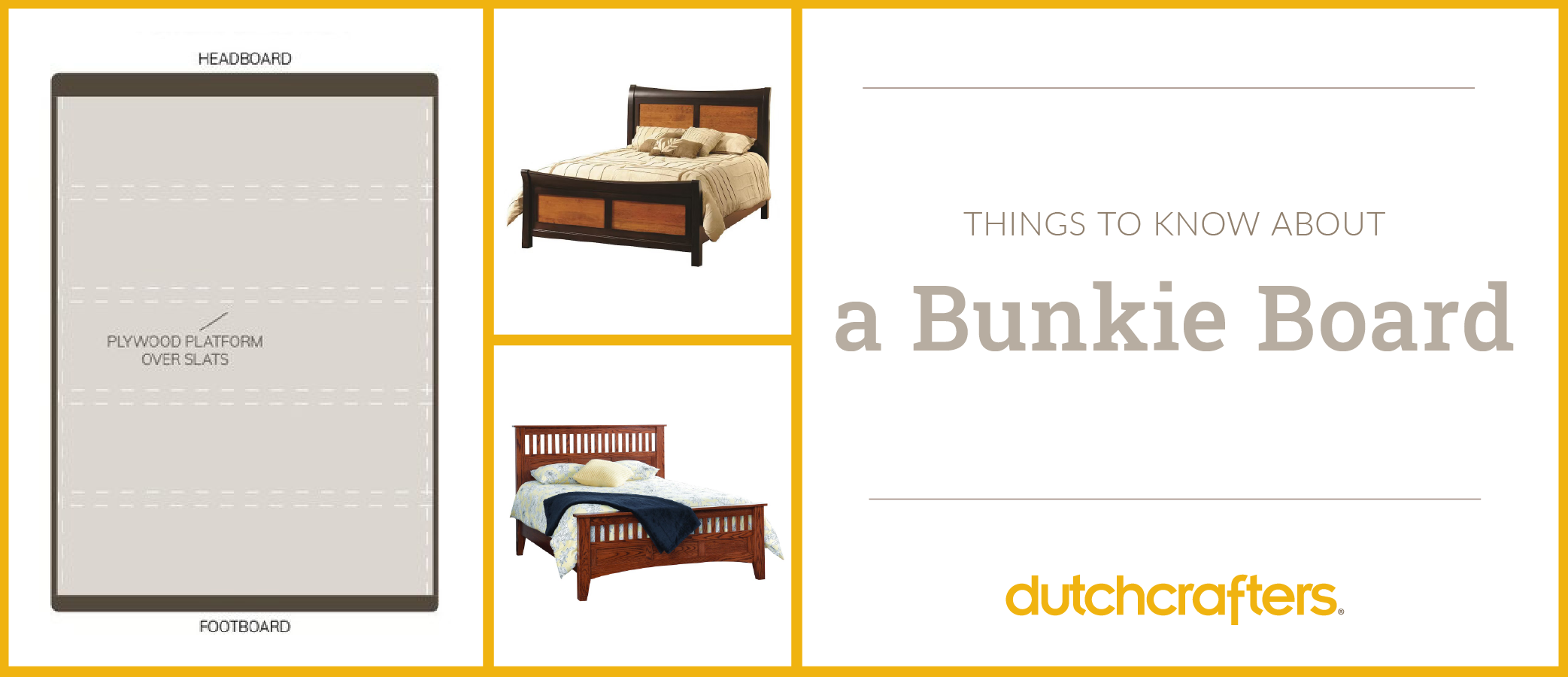
Things To Know About A Bunkie Board
Not a type of skateboard, ironing board or game board, a bunkie board is placed to offer proper mattress support within beds. A piece of wood covered with fabric is all it takes to supply added support that lengthens the life of a mattress. Here are the things to know about a bunkie board.
A bunkie board offers support.
What is a bunkie board? A bunkie board, also spelled bunky board, is a flat board of wood between one and three inches thick that sits between the mattress and the base of the bed to offer support. It’s covered with fabric to provide an attractive look if the edge of it is seen along the side of the bed. Bunkie boards can be made of wood, plywood or other materials. A bunkie board can be used with a platform bed, with slats, or on top of a box spring. Using a bunkie board helps prevent a mattress from sagging. If you have a bed that has a solid base, you don’t need a bunkie board, but could still use one if you’d like to boost your mattress a bit higher. If there are slats that the mattress could sag through over time, a bunkie board is an option that offers mattress support.
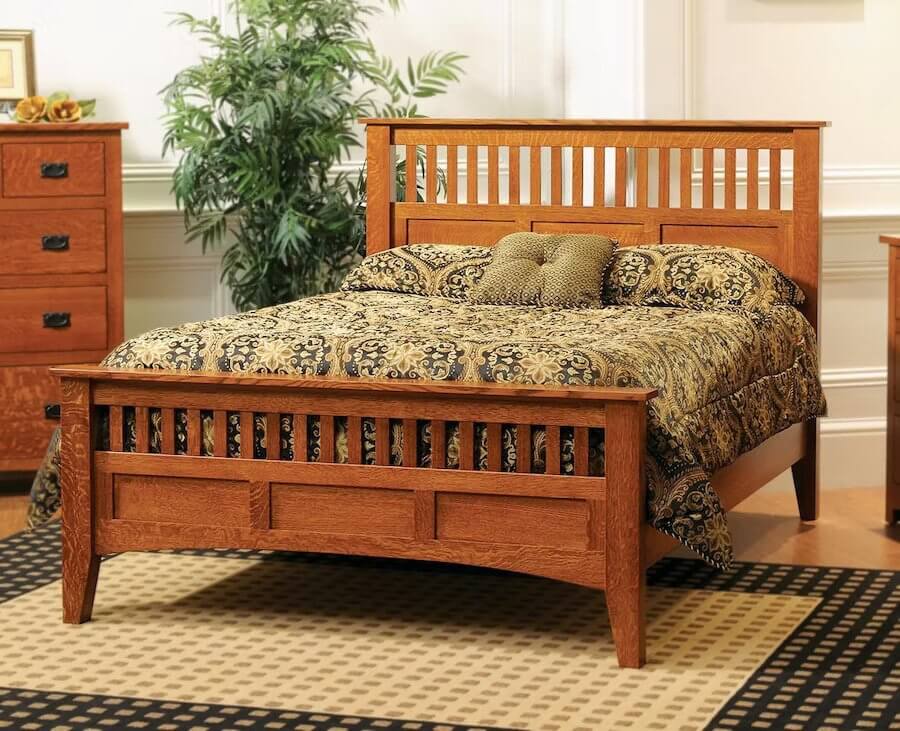
They were originally used for bunk beds.
Bunkie board history traces back to the bunk bed, hence the name. The bunkie board came to be as a base for bunk bed mattresses. Mattresses for regular beds have long used box springs for support, and when it came to bunk beds, box springs were not an option. Why? Box springs would not fit bunk bed frames very well. They were too thick, and that would raise the mattress high enough that the bunk bed sleeper could possibly hit their head when sitting up in bed. Bunkie boards became the solution for bunk beds, replacing box springs with their more slender form.
They work well for modern mattresses.
Box springs are still a good choice to offer support for mattresses, but some of the popular mattresses today can be used without a box spring. They can get enough support from just a flat surface, as with platform beds, removing the bulk of a box spring and saving some money. If the base of the bed does not offer a solid flat surface, a bunkie board can come in handy to provide adequate support between the bed frame and the mattress. Slatted foundations offer support, but if the slats are too far apart, memory foam mattresses and other mattress types can sag or sustain damage. It’s recommended that slats should not be more than 2.75 inches apart to prevent sagging of the mattress.
They remove the bulk of a box spring.
A box spring normally sits on top of bed slats. They provide a solid surface for a mattress and there’s airflow allowed. But, they are thick and make the mattress higher. They cost more and some of today’s modern mattresses need more support than they provide. Some bed styles, like mid-century modern beds for instance, will not look balanced with their minimalist frames trying to hold a box spring and mattress.
They don’t work with adjustable beds.
An adjustable bed frame wouldn’t be able to move properly with a bunkie board and doesn’t need one anyway.
You can buy one or make your own.
Bunkie boards are a piece of wood covered in fabric. Some beds you buy will offer a bunkie board option. Just be sure if you are following an online tutorial to make your own, that it will fit your mattress and bed frame properly.
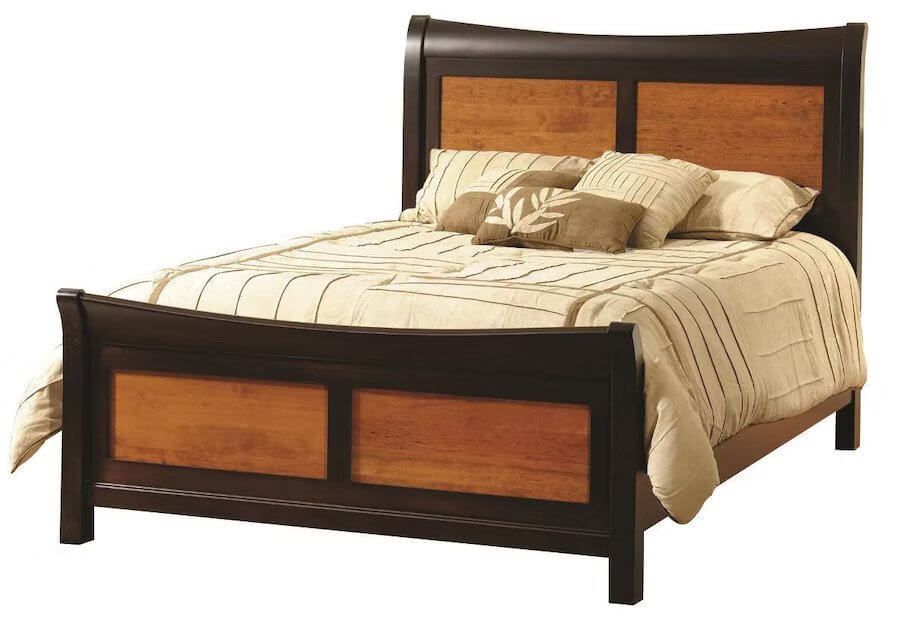
They can be used with a slatted foundation.
Wood slats in a bed base can be used with any type of mattress. The purpose of the slats is to allow airflow as well as supporting the mattress. Slats should be at least 0.75 inches thick and no more than 2.75 inches apart. If the slats are farther apart, you might want to consider a bunkie board to help support the mattress best.
They don’t cost much.
While the addition of a bunkie board (whether it’s one you purchase or make yourself) is not expensive, the size of the bed will influence the cost. Bigger beds mean bigger bunkie boards and a higher price tag. A number of our Amish made beds offer a bunkie board as an option. Bunkie boards used for mattress support will cost less than box springs.
Now that you know more about the bunkie board, you can decide if they’re a good option for your bed and mattress.


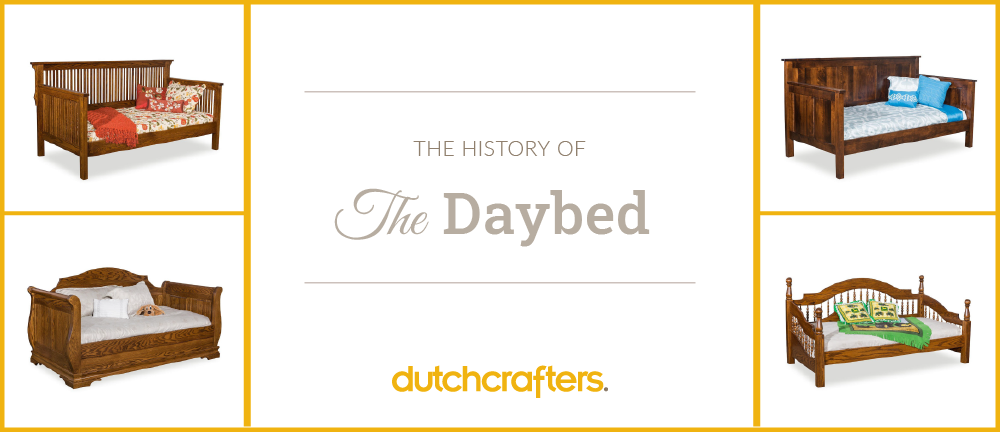
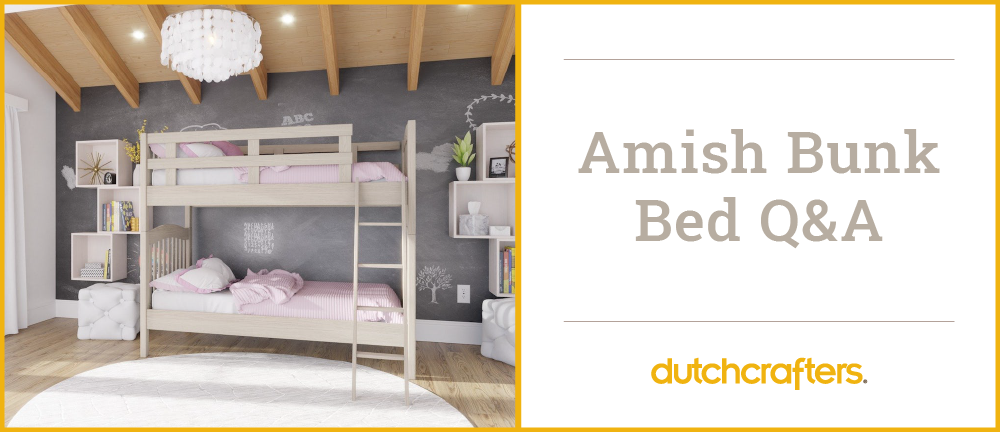
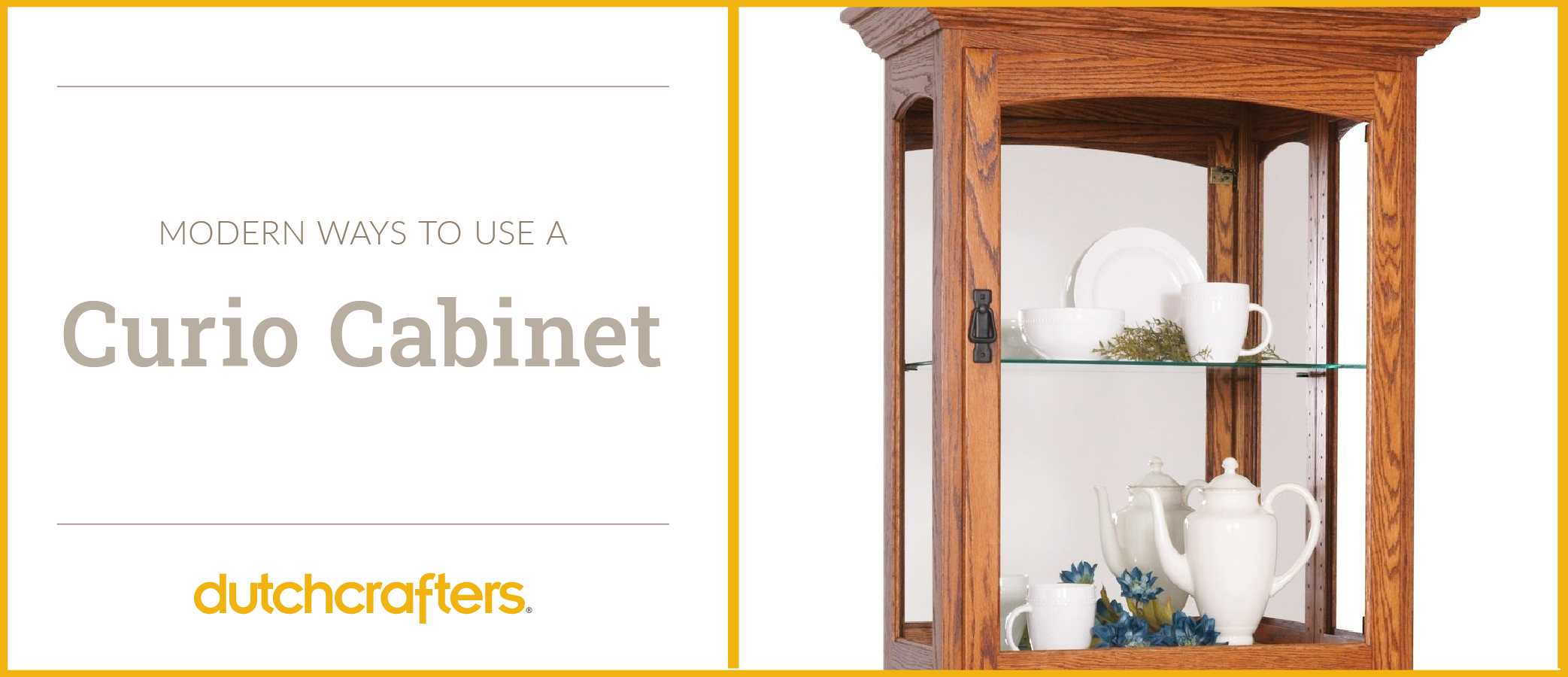
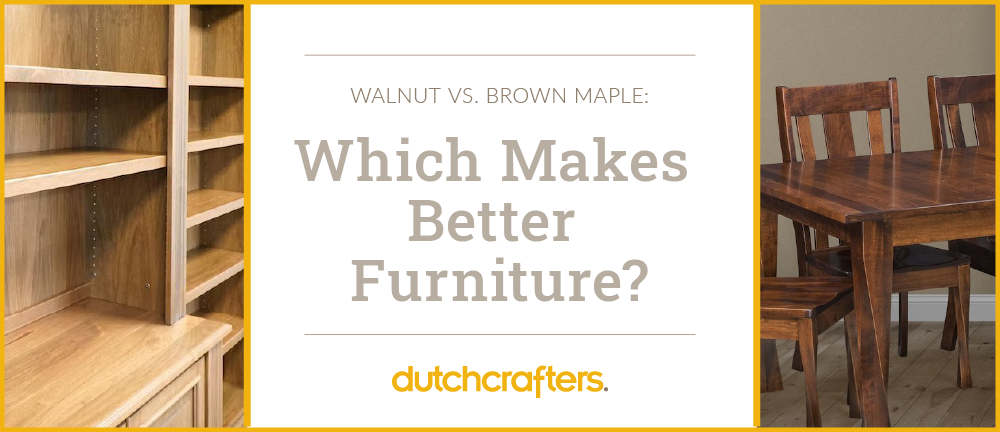
I can’t find where you sell and deliver solid bunks boards and I would like to buy one.
We don’t list those individually. They are optional with some of our beds and made to fit specific bed designs. If you want more information or have any further questions, feel free to contact one of our furniture specialists via phone or chat!